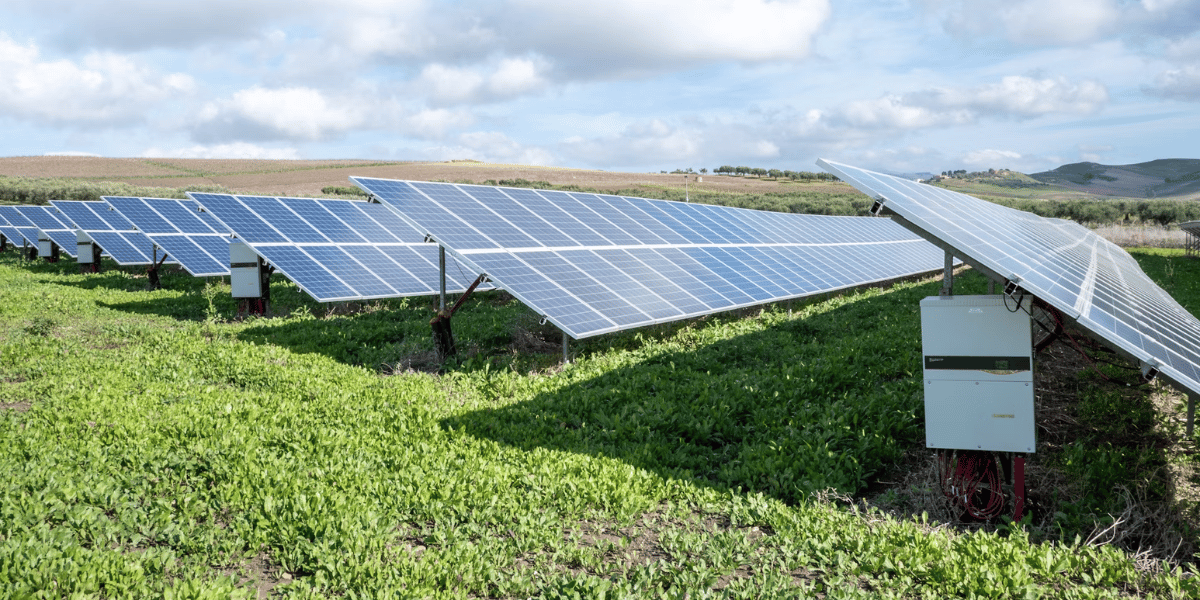Clean energy is reshaping the global economy. From creating millions of jobs to reducing costs for businesses and consumers, renewable energy sources are proving that going green makes good business sense.
What is Clean Energy and Why Does It Matter?
Clean energy comes from renewable sources like solar, wind, water, and geothermal power. Unlike fossil fuels, these sources never run out and produce little to no harmful emissions.
The shift toward clean energy is gaining momentum worldwide. About 29% of global electricity now comes from renewable sources, and this number is growing fast.
Clean Energy Drives Economic Growth
Job Creation on a Massive Scale
The clean energy sector is a job creation powerhouse. In 2023, renewable energy employed 16.2 million people globally, up from 13.7 million in 2022.
These jobs span multiple industries:
- Solar panel manufacturing and installation
- Wind turbine construction and maintenance
- Electric vehicle production
- Energy storage development
- Green building retrofitting
Every dollar invested in renewables creates three times more jobs than fossil fuel investments. By 2030, experts predict over 30 million jobs could exist in clean energy and related technologies.
Lower Costs for Everyone
Renewable energy has become the cheapest power option in most parts of the world. Solar power costs dropped 85% between 2010 and 2020, while wind energy costs fell by 48-56%.
This translates to real savings for consumers and businesses. Households with solar panels can significantly reduce their electric bills. Companies switching to renewable energy often see immediate cost benefits.
Clean Energy’s Impact on Business
Corporate Success Stories
Major companies are embracing clean energy for both environmental and economic reasons:
Intel uses 100% renewable electricity in the US, Europe, Israel, and Malaysia. The company reached 95% globally in 2023 and aims for 100% by 2030.
Apple has installed over 18 gigawatts of clean energy across its operations. Over 320 suppliers have committed to renewable energy, representing 95% of Apple’s manufacturing purchases.
Google powers its offices and data centers with carbon-free energy. The company invests heavily in energy-efficient building upgrades and on-site renewable installations.
Business Opportunities
Clean energy creates opportunities across multiple sectors:
- Construction: Building retrofits and green infrastructure projects
- Manufacturing: Solar panels, wind turbines, and battery production
- Transportation: Electric vehicles and charging infrastructure
- Agriculture: Wind and solar installations on farmland
Economic Benefits Beyond Energy
Reduced Healthcare Costs
Fossil fuel pollution causes $2.9 trillion in health and economic costs annually. Air pollution leads to over 13 million deaths worldwide each year.
Clean energy reduces these costs by improving air quality. This creates healthier communities and lower healthcare expenses for governments and individuals.
Disaster Recovery Savings
Climate disasters cost the US $182.7 billion in 2024 alone. Since 1980, weather-related disasters have caused over $2.9 trillion in damages.
Investing in clean energy helps reduce the frequency and severity of climate disasters, saving billions in recovery costs.
Energy Independence
About 80% of the global population lives in countries that import fossil fuels. This dependency makes them vulnerable to price shocks and supply disruptions.
Renewable energy sources exist everywhere. Countries can achieve energy independence while protecting their economies from volatile fossil fuel markets.
The Numbers Tell the Story
Clean energy’s economic impact is measurable and significant:
- Global Contribution: Clean energy added $320 billion to the world economy in 2023, representing 10% of global GDP growth
- US Impact: Clean energy accounted for 6% of US GDP growth in 2023
- China’s Growth: Clean energy represented one-fifth of China’s 5.2% GDP growth
- EU Performance: Clean energy made up nearly one-third of EU GDP growth
Investment Opportunities
The clean energy sector offers attractive investment opportunities. Global investment in clean energy manufacturing reached $200 billion in 2023, a 75% increase from the previous year.
Investors are increasingly drawn to renewable energy for its:
- Strong growth potential
- Ethical investment profile
- Job creation benefits
- Community development impact
Challenges and Solutions
While clean energy offers tremendous opportunities, challenges remain:
Initial Costs: The upfront investment can be substantial, but long-term savings offset these costs.
Technology Development: Continued innovation is needed to improve efficiency and storage capabilities.
Policy Support: Governments must create supportive policies and financial incentives.
Infrastructure: Upgrading electrical grids and building charging networks requires significant investment.
The Future of Clean Energy Economics
The clean energy economy is expected to grow dramatically. The global renewable energy market could reach $2.5 trillion by 2033, growing at 8.5% annually.
Key trends shaping this growth include:
- Falling technology costs
- Increasing government support
- Growing corporate commitments
- Rising consumer demand
How Businesses Can Participate
Companies of all sizes can benefit from clean energy:
Generate Your Own Power: Install solar panels, wind turbines, or geothermal systems to reduce energy costs.
Partner with Utilities: Sign power purchase agreements to guarantee renewable energy supply at fixed prices.
Electrify Transportation: Switch to electric vehicles to reduce fuel costs and emissions.
Improve Efficiency: Upgrade buildings and equipment to reduce energy consumption.
Sustainable Packaging: Use recycled materials and encourage product reuse.
Conclusion
Clean energy is not just an environmental necessity—it’s an economic opportunity. The transition to renewable energy creates jobs, reduces costs, improves health outcomes, and builds more resilient economies.
Countries and companies that embrace clean energy today will be better positioned for tomorrow’s economy. The numbers are clear: clean energy makes good business sense while building a sustainable future for everyone.
As clean energy moves toward center stage in the global energy system, its role in economic sustainability will only grow stronger. The question isn’t whether to invest in clean energy—it’s how quickly we can make the transition.


